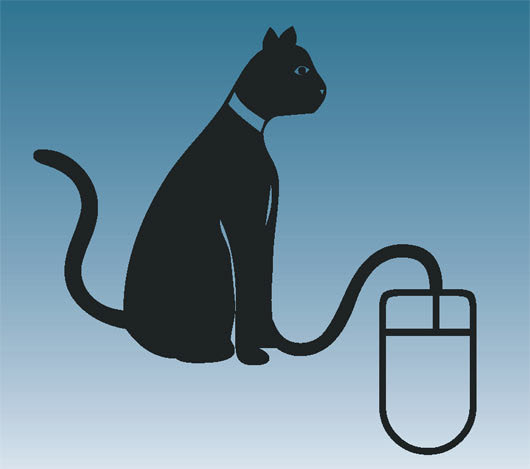
A group of computer researchers from Amsterdam have demonstrated that it is possible to insert a software virus into radio frequency identification tags, part of a microchip-based tracking technology in growing use in commercial and security applications.
Many pets, as well as commercial livestock, have been injected with a tiny microchip that can identify them if they get lost (pets) or are later found to habor disease (livestock). Up until now, no one thought these microchips, called RFID tags, could themselves be infected with computer viruses. Now researchers at the Vrije Universiteit have discovered that computer viruses in animals, supermarket products, airline baggages and other physical objects are a real.
RFID tags are tiny, inexpensive microchips that can be attached to physical objects, such as products in a supermarket, or injected into animals. When a specialized kind of chip reader attached to a computer sends out a radio wave on a certain frequency, all RFID tags within range respond to it by identifying themselves. The retail sector, for example, is planning to replace the now-familiar bar code with RFID tags in the coming years because RFID-tagged products can be scanned much faster and more accurately than products with bar codes.
Share your thoughts and join the technology debate!
Be the first to comment